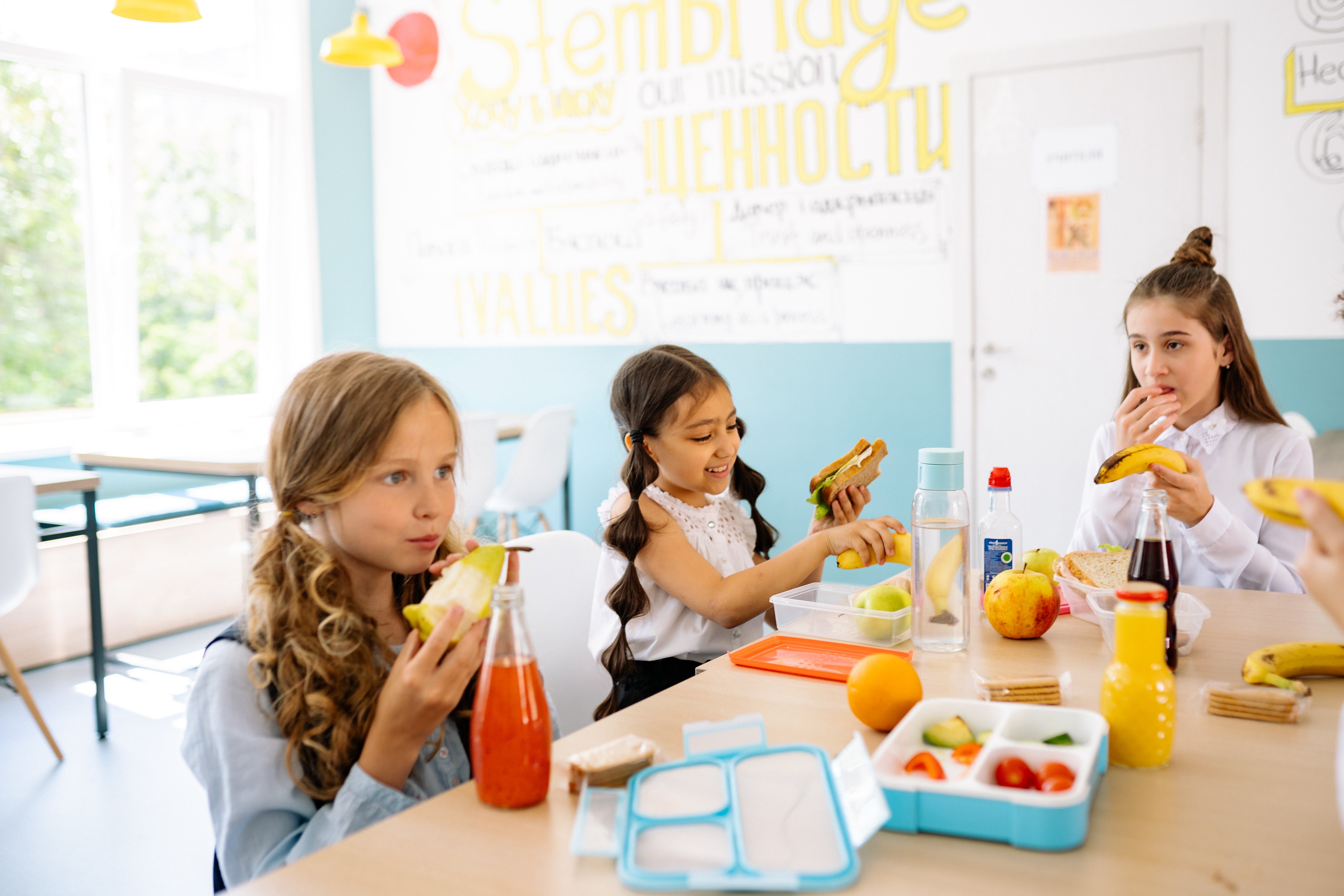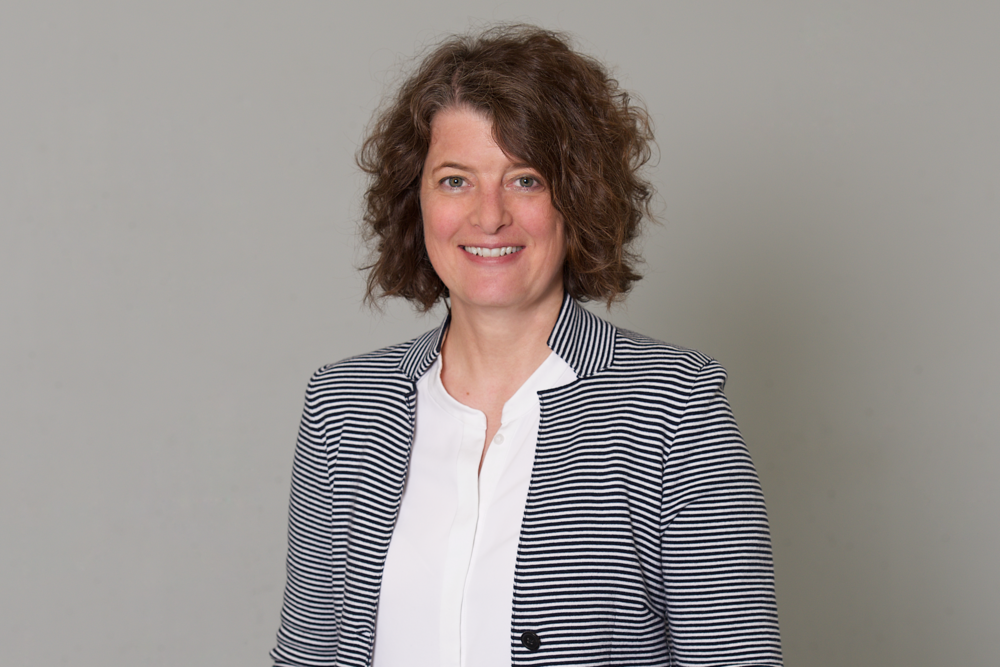
Free lunch for all children
Konstanz health psychologist Britta Renner supported the German Bundestag citizens' council ‘Ernährung im Wandel’ ('Nutrition in Transition') in recommending free lunches for children.
"The citizens' council 'Nutrition in Transition' recommends free kindergarten and school meals as a top priority", summarizes Britta Renner. "Free lunch for all children was my key recommendation, so that all can eat together," says the speaker of the Cluster of Excellence 'Collective Behaviour' at the University of Konstanz. As part of her research project "Collective Appetite" at the Cluster of Excellence, she is researching the relevance of the social environment when eating in groups. Eating together is one of the most common social activities. In her research, Britta Renner investigates how eating together promotes a closer social identity.
Nine recommendations to the Bundestag
"I am delighted that I was able to support the first citizens' council 'Nutrition in Transition' as a member of the scientific advisory board selected by the German Bundestag", says Britta Renner. The citizens' council made a total of nine recommendations on 14 January 2024. In addition to free meals, the citizens' council has spoken out in favour of transparent and mandatory labelling, improved communal catering and a consumption tax to promote animal welfare.
Free meals for children was already a key recommendation of the 2020 nutrition report by the scientific advisory board for agricultural policy, nutrition and consumer protection (WBAE) to the Federal Ministry of Food and Agriculture. As deputy chair of the WBAE, Britta Renner led the report together with Achim Spiller and Lieske Voget-Kleschin.
Expert opinion will be presented to the president of parliament and discussed
President of parliament Bärbel Bas thanked the members of the citizens' council: "Democracy concerns us all. In the citizens' council 'Nutrition in Transition', democracy was practised in a climate of openness, curiosity and courage to engage in objective dialogue”, says Bärbel Bas in a press release from the Bundestag. “Very specific recommendations, such as a free lunch for all children or an age limit for energy drinks, are now on the table, which we parliamentarians will address. All groups/parties in the German parliament should take a close look at these recommendations. The first citizens' council of the German parliament is a successful and innovative example of democracy."
Since September 2023, the 160 members of the citizens' council have met in person on three weekends as well as attended six online sessions. A scientific advisory board, for which all parliamentary groups in the German parliament nominated experts, supported the citizens' council in its work. A scientific evaluation accompanies the citizens' council. The evaluation is expected to be available at the end of February 2024.
On 20 February, the finalized report will be presented to the President of the (German) Bundestag, Bärbel Bas. The report will be published as a printed paper. An initial cross-party discussion of the recommendations with politicians specializing in this topic area is planned at the event. At a later date, the citizens' report will be discussed in plenary and in expert committees.
Key facts:
- The recommendations of the citizens' council in detail: https://www.bundestag.de/resource/blob/984354/39efba25c218ee935e26f786abbce81c/Empfehlungen_buergerrat.pdf
- Britta Renner is Professor of Psychological Diagnostics and Health Psychology at the University of Konstanz. She is co-spokesperson of the Cluster of Excellence "Collective Behaviour" and deputy chair of the scientific advisory board for agricultural policy, nutrition (WBAE).

